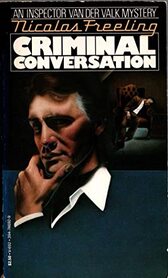
In a way, Criminal Conversation builds onto the conceit that author Nicolas Freeling explored in the previous year’s novel, 1964’s Double-Barrel. In both books, Inspector Van der Valk begins a book-long conversation with a key figure in the case: in Double-Barrel it is Besançon, an old man with a deep memory; here it is the amused, self-important Dr. Van der Post. The inspector has been tasked with looking into the accusation unofficially, since there is no evidence against the suspect and social landmines are strewn everywhere. So Van der Valk arrives at the doctor’s office in the guise of a patient and begins to play the role of examiner, dropping hints and pushing buttons to see what the reaction might be.
The novel’s second part takes the form of a written journal from Van der Post. The professional medical man enjoys dissecting and transcribing his interactions with the unofficial policeman, and he also takes pleasure in talking about himself. We learn of the man’s childhood and family circumstances, his Jesuit school education and his feelings of inadequacy towards girls while a teen. The relationship that is formed between potential criminal and playacting cop becomes complicated, and as Van der Valk concludes at the very end of this book, the doctor is interested to create an intimate bond because the detective’s confessor figure may be the only friend he has in an otherwise solitary and lonesome life.
Freeling is, I think, not exactly a writer inspired by conventional psychology as much as by character study and detail. He and his detective are not looking for answers; they are more interested in fleshing out people the way a portrait painter would take care – through the shadow under the eyes, the slope of the nose, the thinness of the pursed lips – to capture the truth in a subject’s face. It is an admirable approach, and often interesting. Occasionally though, as it does here and with the first Van der Valk book Love in Amsterdam, the character biography slows the story (so fascinating to the self-satisfied subject relating his own history; of less interest to the reader who wants to get back to the present plotline).
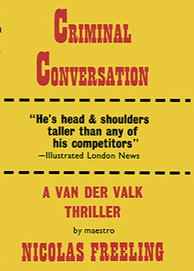
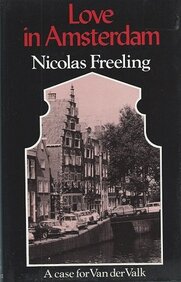
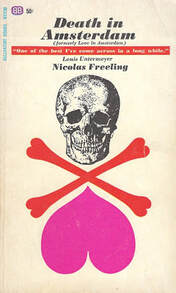
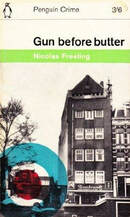
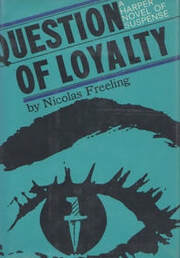
 RSS Feed
RSS Feed